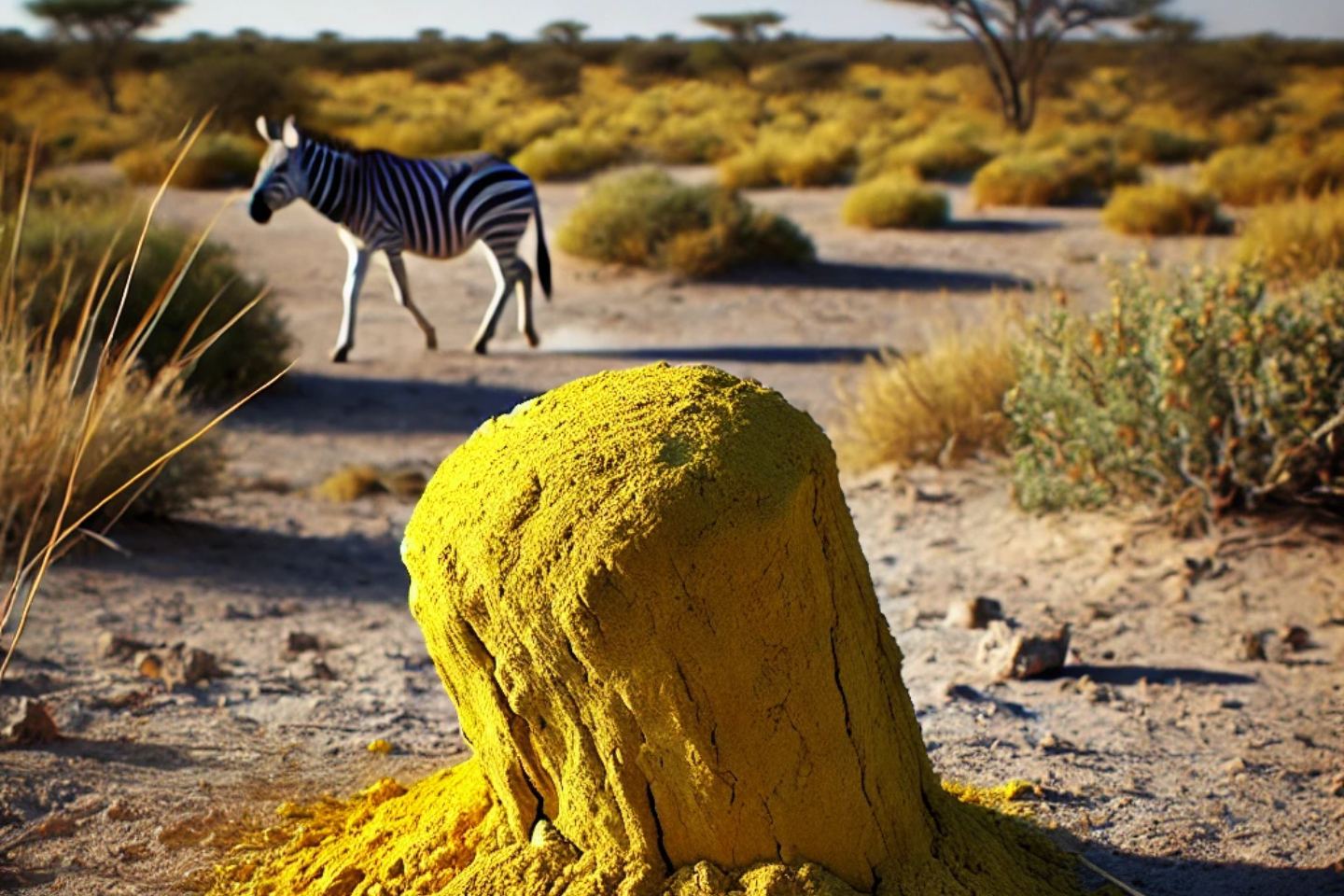Askari Metals has further bolstered its uranium foothold in the world-class exploration jurisdiction of Tanzania by acquiring the prospective Eyasi project in the nation’s north. The 292-square-kilometre project – which the company pounced on following detailed in-house geotechnical reviews in collaboration with its Tanzanian partners – strengthens its position in the white-hot Tanzanian uranium sector, complementing its recently-staked Matemanga project in the south.


Askari Metals has further bolstered its uranium foothold in the world-class exploration jurisdiction of Tanzania by acquiring the prospective Eyasi project in the nation’s north.
The 292-square-kilometre project strengthens the company’s position in the white-hot Tanzanian uranium sector, complementing its recently-staked Matemanga project in the south. Management pounced on the ground on the back of detailed in-house geotechnical reviews, in collaboration with its Tanzanian partners, that identified the area as a hot target featuring significant potential to host untested uranium placer-style deposits.
Sitting some 320km north-west of the Tanzanian capital of Dodoma, the project is characterised by its complex geological setting and interpreted fluvial channel systems that remain untested for uranium potential throughout the country’s north.
The latest interpretations by Askari and recent reprocessing of airborne geophysical data revealed two substantial linear radiometric anomalies, each about 1km in width and totalling 30km of strike. The anomalies are believed to indicate fluvial channel systems draining from uraniferous granite sources upstream and represent priority uranium targets for the field program testing.
The company’s exploration approach is expected to be involve low-cost, high-impact exploration campaigns, leveraging reprocessed data to home in on potential placer deposits.
Askari Metals managing director Gino D'Anna said: “Our strategy of direct staking, in collaboration with our Tanzanian partners, of high-priority targets identified through a detailed in-house technical review of all country-wide data is paying dividends as we continue to build a highly-prospective uranium portfolio in Tanzania. Reprocessing and reinterpretation of the airborne geophysical data allowed us to identify these well-defined, discrete linear anomalies, which we strongly suspect to represent potential uraniferous fluvial channel placer systems.”
Management says its exploration model suggests the presence of secondary placer-style uranium deposits within fluvial channel systems sourced from the north. It believes uranium-bearing minerals have been transported into Eyasi, where favourable conditions have led to the precipitation of yellowcake deposits.
The Eyasi acquisition follows Askari’s recent stake in the Matemanga uranium project, which is still in the application phase, but is expected to progress shortly.
The Matemanga project lies within the Selous Basin in the country’s south and is part of the continental-scale East African rift system. Rifting between the separating continental masses created the basin, which was later progressively infilled by sediments of the Karoo Supergroup.
Karoo sandstone-hosted roll-front deposit styles are well-known and highly economic in south Tanzania. Askari says Matemanga once formed part of a bigger zone previously explored by Uranex, which conducted a considerable 3000-square-kilometre radiometric survey comprising 12,165 lines in the late 2000s.
The survey clearly defined radiometric anomalism in the areas over Likuyu North and South, Mteramwahi North and South and at Matemanga to the east. The anomalism at Matemanga was every bit as strong as that identified at the other four locations and comprises a cluster of distinct radiometric signatures in an area measuring about 10km by 6km.
However, it was never followed up by Uranex, which directed most of its focus towards the Likuyu North and South prospects.
Management says its projects align with its long-term strategy to establish a powerful foothold in Tanzania – which is seen as an emerging region because of its mining-friendly policies and growing status as a tier-one address for uranium exploration.
The nation’s rise as a promising mining jurisdiction is a recent one, with a new emphasis on the importance of a modern mining sector part of its economic growth strategy. The sector accounts for 6.7 per cent of the country’s GDP, with plans to increase that figure to 10 per cent by next year.
With uranium positioned as a critical resource for the global energy transition, Askari’s ongoing exploration efforts in Tanzania – both at Eyasi and Matemanga –could play a pivotal role in supplying future demand for clean nuclear energy sources.
Is your ASX-listed company doing something interesting? Contact: matt.birney@businessnews.com.au












